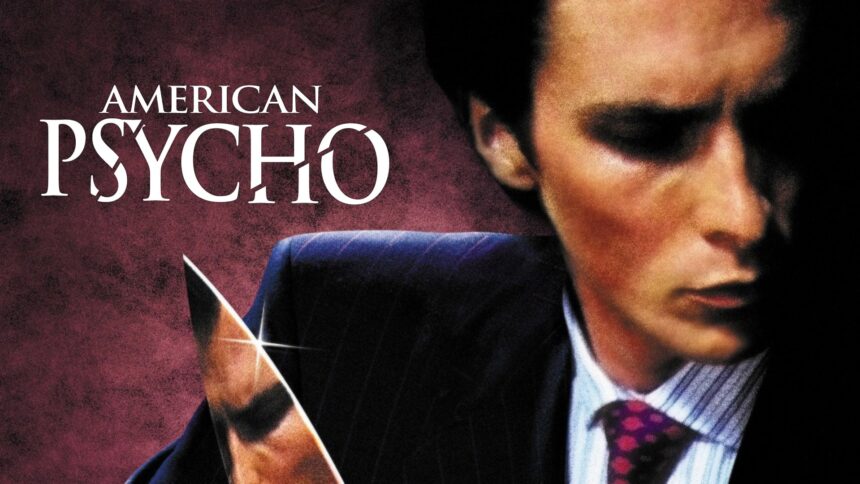If you love movies that defy simple interpretations, American Psycho (2000) is one of those cinematic puzzles that sticks with you long after the credits roll. Directed by Mary Harron and starring a perfectly cast Christian Bale, this film has since become a cult classic, thanks to its mix of psychological horror, black comedy, and razor-sharp satire. Based on Bret Easton Ellis' controversial 1991 novel, American Psycho holds a mirror to the darker sides of capitalism, privilege, and power—but its open-ended, dreamlike conclusion has left audiences debating one question for decades: Did Patrick Bateman really kill anyone?
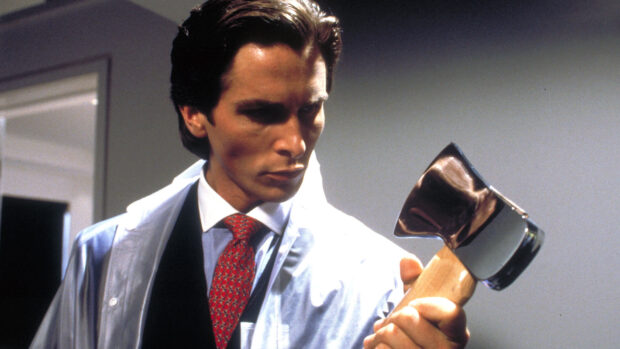
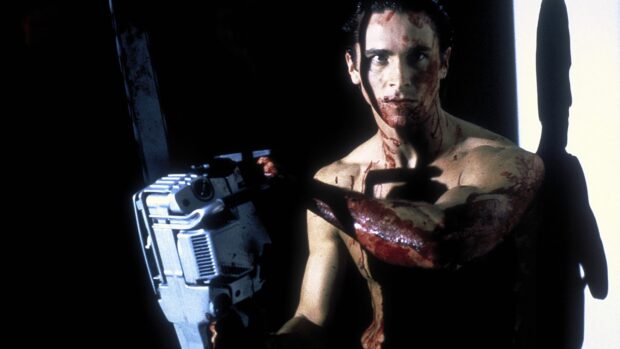
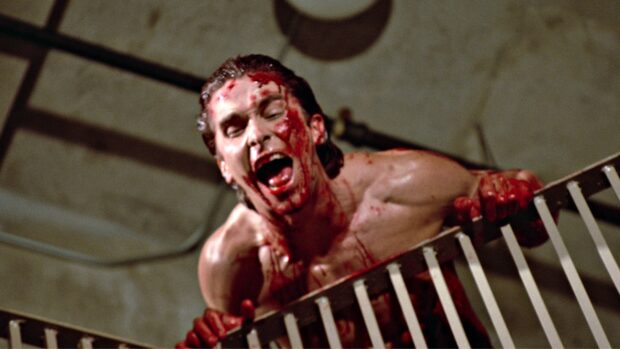
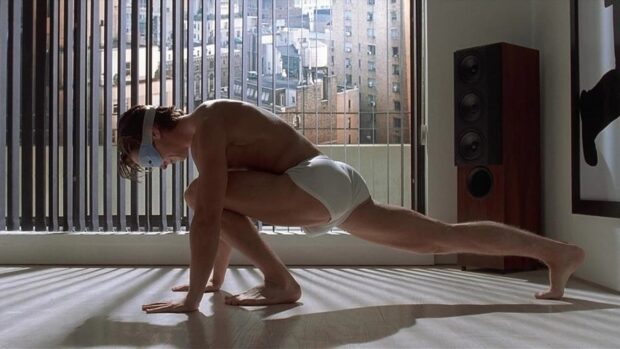
A Cultural Touchstone Born from Controversy
From the outset, American Psycho seemed like an impossible adaptation. Ellis' novel was notorious for its graphic violence and intricate descriptions of wealth and appearance, leading many to doubt that it could be turned into a watchable film. Harron, however, saw an opportunity to transform Ellis' shocking narrative into a satirical commentary on the soulless greed of 1980s Wall Street. When it hit theaters in April 2000, American Psycho quickly divided audiences—earning praise for Bale's career-defining performance as Bateman, and controversy for its violent content. With its $7 million budget, the film managed to gross over $34 million worldwide, solidifying its status as a cult phenomenon.
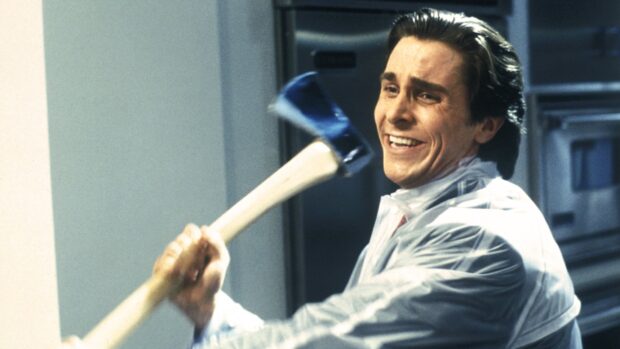
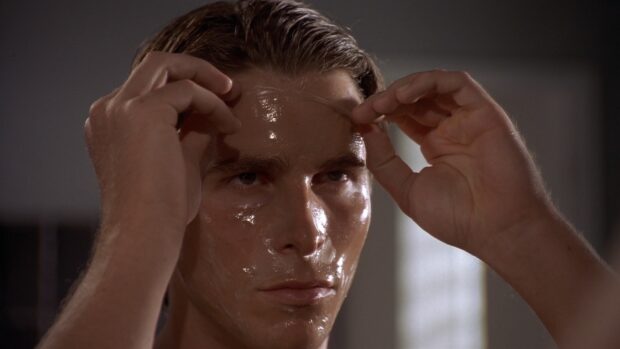

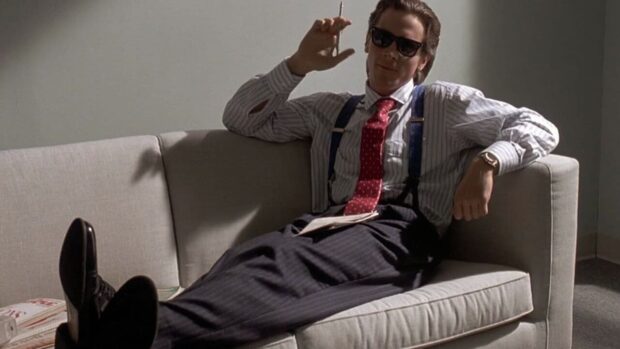
The Story of Patrick Bateman: A Descent into Madness
At the heart of American Psycho is Patrick Bateman, a wealthy New York investment banker who seems to have it all—except for sanity. From his meticulous morning routine to his obsessive envy of other high-powered executives, Bateman embodies the shallow consumerism of the 1980s yuppie culture. His frustrations eventually spiral into violent outbursts, leading to a killing spree that becomes more erratic and bizarre as the film progresses. Whether he's axing a coworker to the beat of Huey Lewis & the News or fantasizing about feeding stray cats to an ATM, Bateman's increasingly unhinged actions raise the question: How much of this horror is real, and how much is in his head?
The Dreamlike Ending: Did It Even Happen?
The film's final act takes the surrealism to new heights. Bateman embarks on a city-wide killing spree, confessing to multiple murders, only for his lawyer and colleagues to laugh off his claims, even suggesting that one of his supposed victims, Paul Allen (Jared Leto), is still alive. This leaves the audience questioning the truth of Bateman's reality. Did Bateman actually kill anyone, or was it all a figment of his delusional mind?
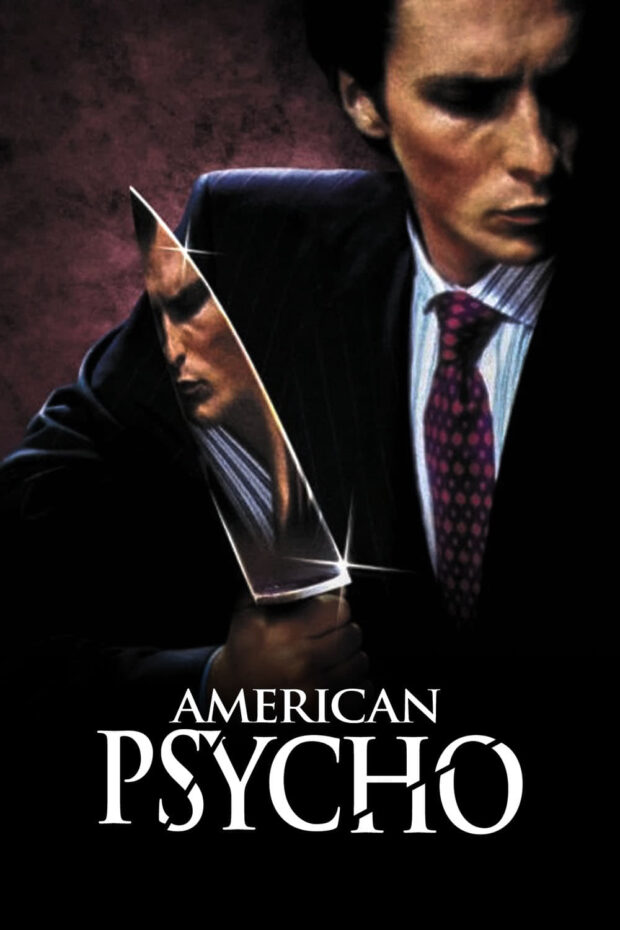
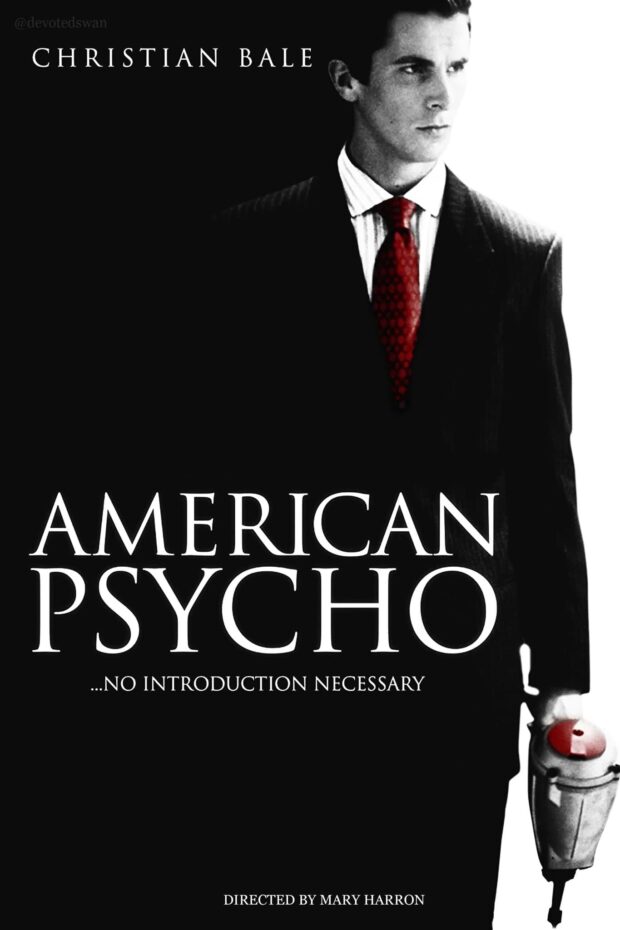
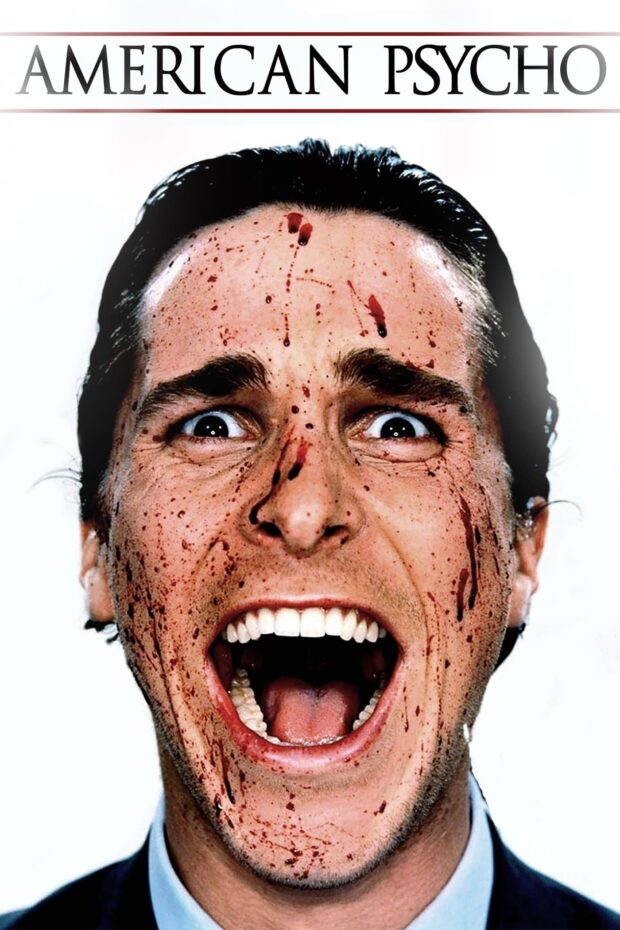
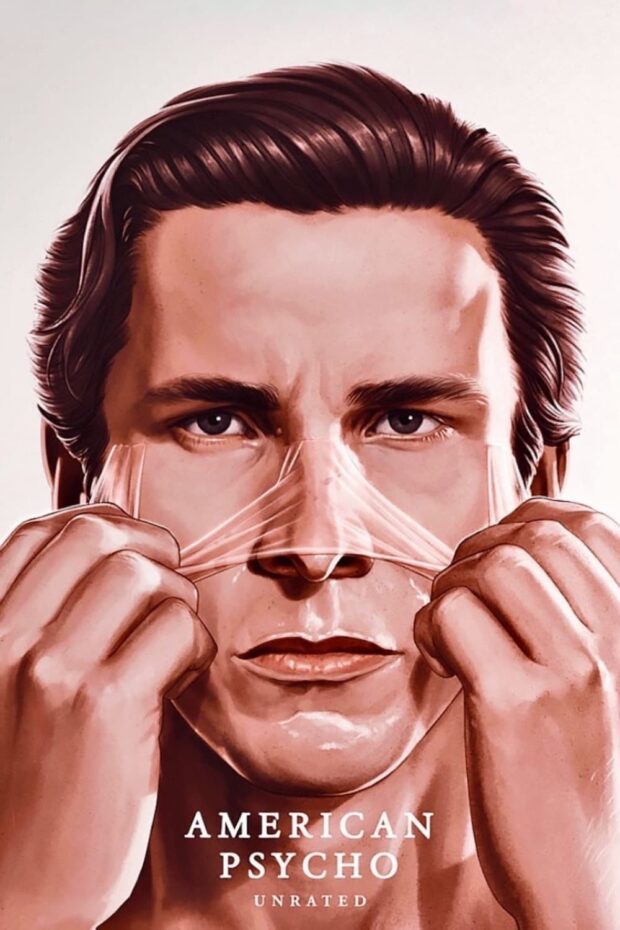
Harron masterfully keeps the audience on edge by never revealing a definitive answer. Bateman's unreliable narration, coupled with the film's fragmented, dreamlike structure, makes it nearly impossible to discern reality from fantasy. This ambiguity isn't just a clever narrative device—it also highlights the dehumanizing effects of privilege. The elite world Bateman inhabits is so desensitized to violence and excess that his behavior goes unnoticed or is mistaken for someone else's. In this world, identity is interchangeable, and accountability is an illusion.
The Social Satire: A Study in Privilege and Power
Beyond its psychological horror, American Psycho offers biting commentary on the power structures of corporate America. Bateman's peers are almost indistinguishable from one another—obsessed with business cards, expensive dinners, and status symbols. Even when Bateman tries to confess his crimes, no one believes him because, in their world, someone like him could never be guilty. The system is rigged to protect men like Bateman, who benefit from privilege and wealth, no matter how monstrous their actions may be.
Final Thoughts: An Ambiguous Masterpiece
In the end, American Psycho refuses to offer easy answers, leaving the viewer to grapple with its haunting ambiguity. Whether Bateman is a killer or simply a psychopath trapped in a meaningless world, the film's final moments suggest that he—and those like him—are untouchable. Harron's direction and Bale's chilling performance turn Bateman's descent into madness into a powerful statement on privilege, identity, and the hollow nature of power. As you sit through the film's unsettling finale, one thing becomes clear: American Psycho is not just about one man's madness—it's a mirror reflecting a society gone insane.

